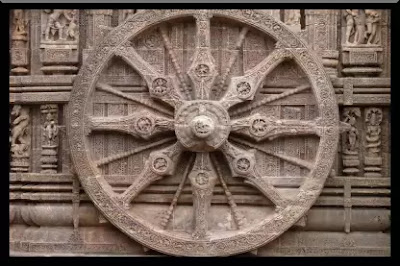Should India 'nationalise' Higher Education?

As it rolls out its National Education Policy (NEP), India is faced with the dilemma that every other post-colonial nation has to answer: Whether to 'nationalise' higher education, by privileging traditional languages and 'Indian' knowledge over liberal humanities and cosmopolitan outlook? This is not the first time India is dealing with this question. The first time, just after the Independence, the answer was a resounding endorsement of cosmopolitan science, based on a modernist view of nation-building. Nehru wanted an India that looked forward, not backwards. The second time, in the 80s, shorn of the optimism and adrift in the neoliberal world, the answer was low on nation-building aspiration and overtly focused on technological cold-start. This road now leads us to where we are - a deja vu all over again! The country has been a major beneficiary of globalisation, but its blessings were mixed. A lot of people has been left behind, communities have been replaced by a...